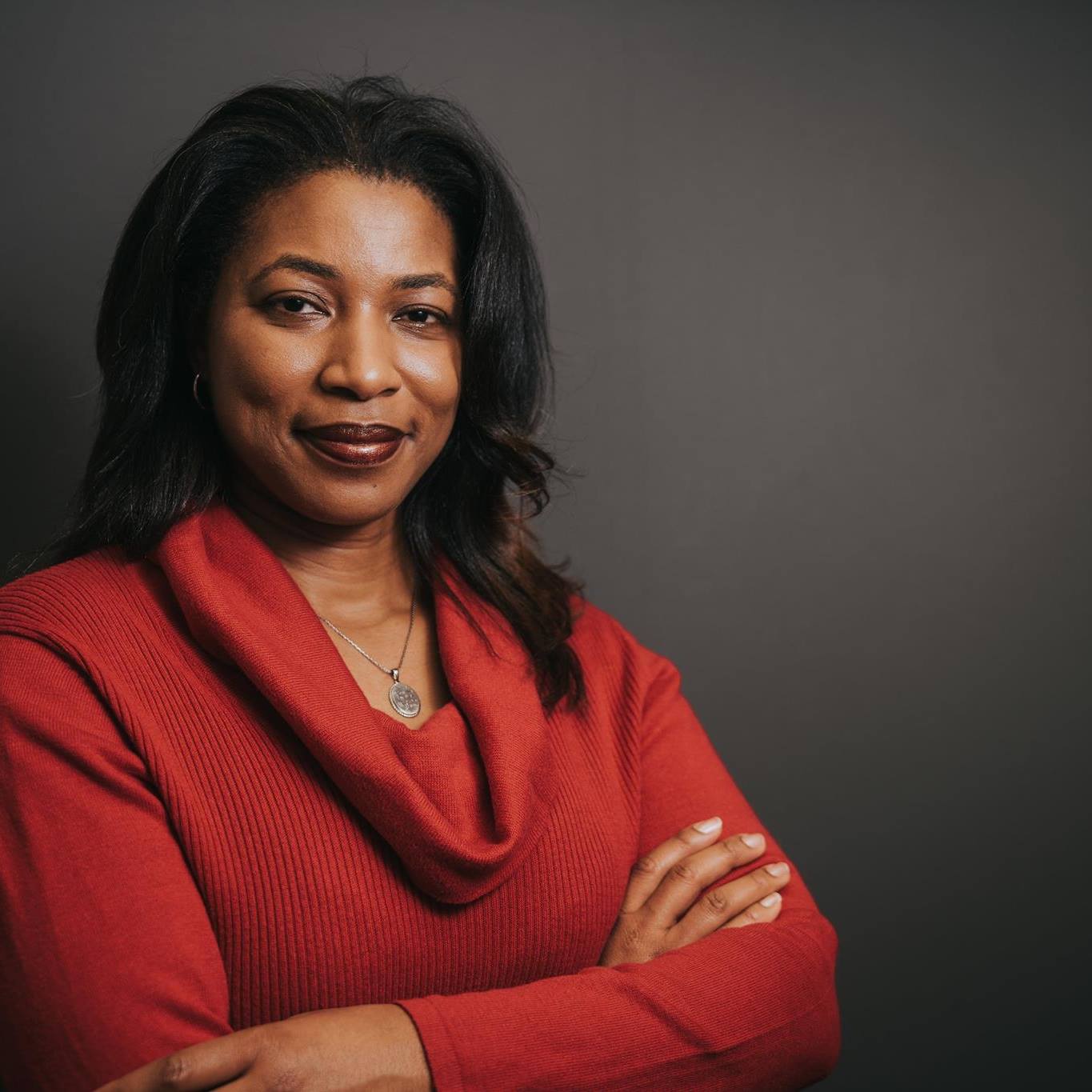STEP ONE: Manage Your Mindset – the biggest obstacle to financial security is not the balance in your bank account. It is the mindset you have towards money. If you have a mindset that says money is hard to come by or you will never have enough, both of those things will be true. In order to obtain financial security, you must first change any limiting belief you have around it. A PsychologyToday.com article makes the following observation.
“When it comes to money, your mindset determines your level of care, your degree of stewardship and how you value it. Some money mindsets lead to a secure life of savings, financial management and thoughtful planning. Others lead to terrible debt and an unsupportable lifestyle.”
You choose which mindset you will have. If you believe you cannot institute the tips here then you won’t, it’s that simple. And, financial security will elude you. I know it might sound woo-woo, mystical, frackernackel, etc. but it’s not. Your money can’t go where your mind has never been. So, before you try to change your money habits, first make sure you change any mindset blocks that may stand in your way.
STEP TWO: Pay yourself first – Financial security is most easily gained in small increments. Save a set amount from your income every payday. Having it directly deposited from your paycheck into a savings or investment account is the easiest and least painful way to save because you don’t see it before it goes out. Be as aggressive as possible no matter how old you are. If you’re young, being aggressive will pay off because you have the most time to save and take advantage of compound interest and market gains. If you’re older aggressive saving is important because you have less time to reach your financial goals. But no matter how much time you have, investing in yourself first will lead to financial security later.
You can always find money to save if you are willing to prioritize your finances. If you can’t see it right now, begin to write down every time you spend money. $5 for Starbucks here, $20.00 for a movie ticket there. Maybe you’re still buying lunch everyday when you could save by preparing it at home. And if, by chance, you just cannot find it in your regular paycheck, look to your income tax return. The average income tax return is almost $3,000.00. That’s $250.00 per month. Typically, people use their income tax return to pay off Christmas debt or just splurge on things they can’t otherwise afford. Instead, invest it and let it become the foundation for the financial security your family needs.
STEP THREE: Pay cash – Debt is the best thing and worst thing all at the same time. If not for debt, many of us wouldn’t be able to build wealth by doing things like graduating from college or buying a home. But debt like credit cards, don’t contribute to financial security at all. Even the perks of most cards don’t balance the money you waste on interest and card fees. Credit card interest rates are as high as 24% which increases your unpaid balance by 2% every month. If you’re like the average American and have about $10,000.00 in credit card debt, you are paying at least $300 each month as the minimum payment. That rate of repayment will cost you over $9,000.00 in interest and take almost 30 years to pay off.
Credit cards lull you into a false sense of financial security by letting you pay for things even when you don’t have the money. If you carry cash, you will see it leave your pocket, making you more aware of what you’re spending. You can use the envelope system, rubber band system, or create an account that is only for spending and put a set amount of money in that account every payday and when it’s gone, it’s gone. Also, don’t carry your credit cards with you when you go out. You’d be surprised how an “emergency” suddenly isn’t once you’ve left the store without it. Some people can pay off the full balance of their credit card every month, but simply the act of using the credit card creates a disconnect between spending and saving that threatens financial security for many people.
STEP FOUR: Invest – the typical savings account earns about 2% interest. Mutual funds, however, have an average rate of return around 8%. It’s as simple as that. Investing in a mutual fund or other investment vehicle yields you a better return than a regular savings account. Remember that $3,000.00 from your income tax return? If you put that $3,000.00 into a regular savings account (adding $3,000.00 every year) you would earn about $4,500.00 in interest. Put that same $3,000.00 in a mutual fund (with the additional $3,000.00 annually) and you enjoy about $20,000.00 increase. That’s over three times the increase.
Investing also leads to financial security because it protects your money from depletion by making it harder to reach. In a savings account one can typically just go online or stop by a local branch to make a withdrawal (if you have a debit card on the account it’s even easier!). But a mutual fund, typically requires reaching out to the fund and requesting a check be mailed or funds deposited into your account. Either way, it is not immediate and typically takes a couple business days. The delay in getting the funds and the extra effort to obtain them prevents impulse buys that typically destroy a person’s savings goals. As your balance grows you can move it into investment vehicles that yield larger returns increasing your financial security even more.
STEP FIVE: Protect your assets – one of the largest hindrances to financial security is sustainability. Even with the best plan and intention, hard earned assets can be depleted – destroying any hope of financial security – by the unexpected death or incapacity of the owner. Consider the following fictional example:
Lawrence, a 48-year-old male owns a two-bedroom condominium encumbered by a $200,000.00 mortgage. He lives there with his wife and their two children ages 13 and 15. Lawrence has worked hard to buy the condo and has put over $40,000.00 into it renovating it to make it suitable for his family. Just a few months before his 49th birthday, Lawrence dies from an undiagnosed heart condition. Lawrence didn’t do any estate planning so he has no life insurance, will, or any such document in place. His failure to sit with an estate planning attorney also meant he didn’t take advantage of wealth building vehicles like trusts or accounts that could help his children graduate from college debt free. His wife can’t afford the mortgage on the condo by herself and the $25,000.00 in the couple’s joint bank account was nearly cut in half by Lawrence’s burial costs and other funeral services.
Because Lawrence didn’t protect his assets with an estate plan, his family lost their home to foreclosure and all the work he’d put in to create financial security was lost. He didn’t establish a trust or account for his children to go to school, so a debt free college education is not likely, if they go to college at all. Lawrence’s wife and children will be forced to move to a new place, destroying their stability and upending life as they knew it in more ways than one. Estate planning isn’t really about dividing up your assets or deciding who gets what. That’s just part of it. The most important part is about protecting your legacy and improving your family’s quality of life – before and after you die. So much more than a will, an estate plan should include documents like a power of attorney, a healthcare directive, and a life insurance policy. Estate planning can also be used to create wealth throughout your lifetime by using trusts or other financial vehicles to structure your finances in ways that reduce your tax obligation and protects your family. In short, a good estate plan can help you create the financial security you want for your family.
Financial security is not as elusive as it seems. Steady, consistent action will provide the security your family needs without leaving you overworked and absent from your family.


